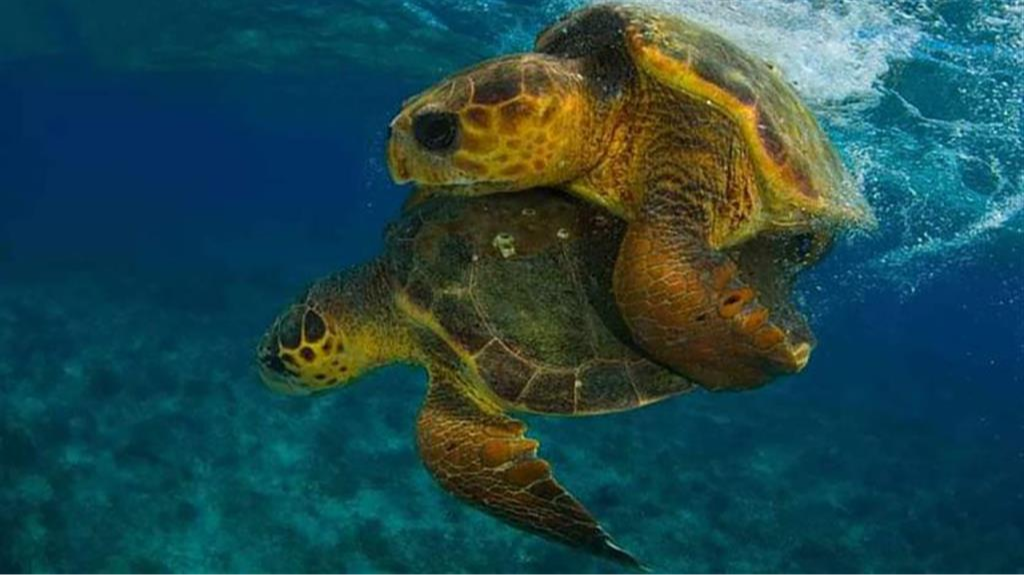Editado por Catherin López
2024-07-19 14:42:18
Facebook
Pinterest
Telegram
Linkedin
WhatsApp

Turtles in Cuba
Ciego de Avila, Cuba, July 19 (RHC) Specialists from the company Flora y Fauna are carrying out monitoring and protection activities for the hawksbill sea turtle (Eretmochelys imbricata) in the Jardines de la Reina National Park, on the southern coast of this central Cuban province.
The Southern Keys of Ciego de Avila, the first marine protected area in the country to receive the Golden Category Blue Park Award from the U.S. Marine Conservation Institute, is the main nesting site for this species in the Caribbean.
Daylon Fundora, Natural Resources Specialist of the Environmental Subdelegation of the Province, pointed out that during the current reproductive phase they are carrying out nightly sampling at intervals to observe the turtles during nesting and to be able to count and check the state of the eggs.
This practice is carried out throughout the year in the biological stations located in Caballones, Anclitas and Caguama Keys, where green turtles (Chelonia midas) and loggerhead turtles (Caretta caretta) also nest.
The remoteness of the coasts and the low commercial activity make Jardines de la Reina an area with the healthiest coastal ecosystems, making it one of the most important places on the island for the feeding and nesting of the three species of sea turtles.
According to scientific studies carried out in the region, turtles tend to lay their eggs in the places where they were born, he said.
The increase in temperature due to climate change poses a great risk to the survival of the marine species, because the heat of the sand determines whether they are female or male, so if all the specimens that hatch are of the same sex, the species could disappear, Fundora said.
Juan Carlos Pina, an expert in the management and conservation of chelonians in Jardines de la Reina, stressed the importance of protecting the nests from predators, especially during the months of May to September, when they reproduce.
He emphasized that although it is a place far from the coast, it is essential to strengthen the protection of the sites to avoid illegal capture, trafficking and illicit trade of their meat, eggs and shells, as well as incidental fishing, which are the main causes of the destruction of their habitat.
Therefore, it is important to increase the environmental awareness of the population of the nearby communities and workers who work in this marine protected area, considering that turtles in the world are in a period of extinction and to protect them is to conserve life on the planet. (Source: Prensa Latina)

